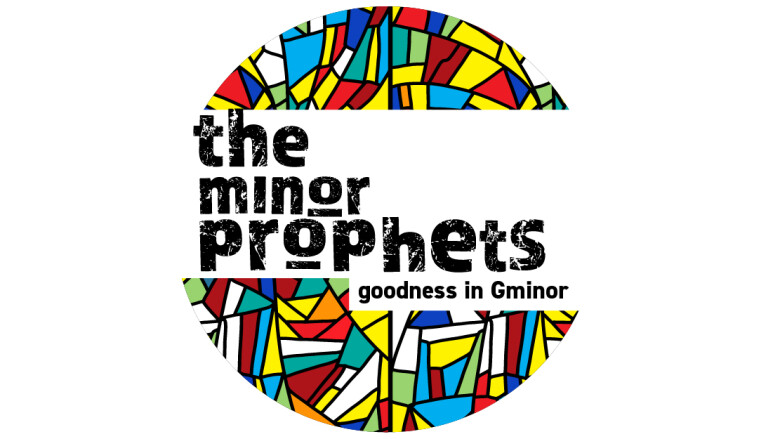Series: Goodness in G Minor
The Roaring Prophet
May 12, 2024
The Roaring Prophet
(Amos)
Yearly Theme: “Goodness is… Governing”
Series Title: “Goodness in G minor”
May 12th, 2024
Follow along in the Bible App: http://bible.com/events/49256174
Living in constant compromise to GOD’s commands always puts us on the wrong side of justice and mercy. The key to living in a just society is its willingness to be in complete surrender to GOD’s will and ways.
Interactive Sermon Notes
You can add your own personal sermon notes along the way. When you're finished, you'll be able to save your notes as a .pdf file.
Follow Along with the Message
Series Information

May & June 2024

